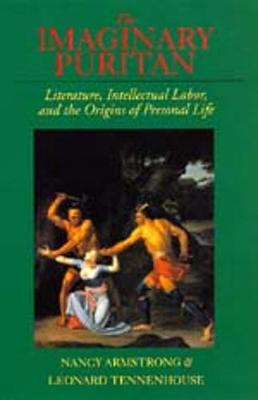This study challenges traditional accounts of the origins of modern Anglo-American culture by focusing on the emergence of print culture in England and the North American colonies. It postulates a modern middle class that consisted of authors and intellectuals who literally wrote a new culture into being. Milton's "Paradise Lost" marks the emergence of this new literacy. The authors show how Milton helped transform English culture into one of self-enclosed families made up of self-enclosed individuals. However, the authors point out that the popularity of "Paradise Lost" was matched by that of the Indian captivity narratives that flowed into England from the American colonies. Mary Rowlandson's account of her forcible separation from the culture of her origins stresses the ordinary person's ability to regain those origins, provided she remains truly English. In a colonial version of the Miltonic paradigm, Rowlandson sought to return to a family of individuals much like the one on Milton's depiction of the fallen world. Thus the origin both of modern English culture and of the English novel are located in North America.
America captivity narratives formulated the ideal of personal life that would be reproduced in the communities depicted by Defoe, Richardson, and later domestic fiction.
- ISBN10 0520086430
- ISBN13 9780520086432
- Publish Date 2 December 1992
- Publish Status Out of Print
- Out of Print 12 November 2006
- Publish Country US
- Imprint University of California Press
- Edition New edition
- Format Paperback (US Trade)
- Pages 275
- Language English
